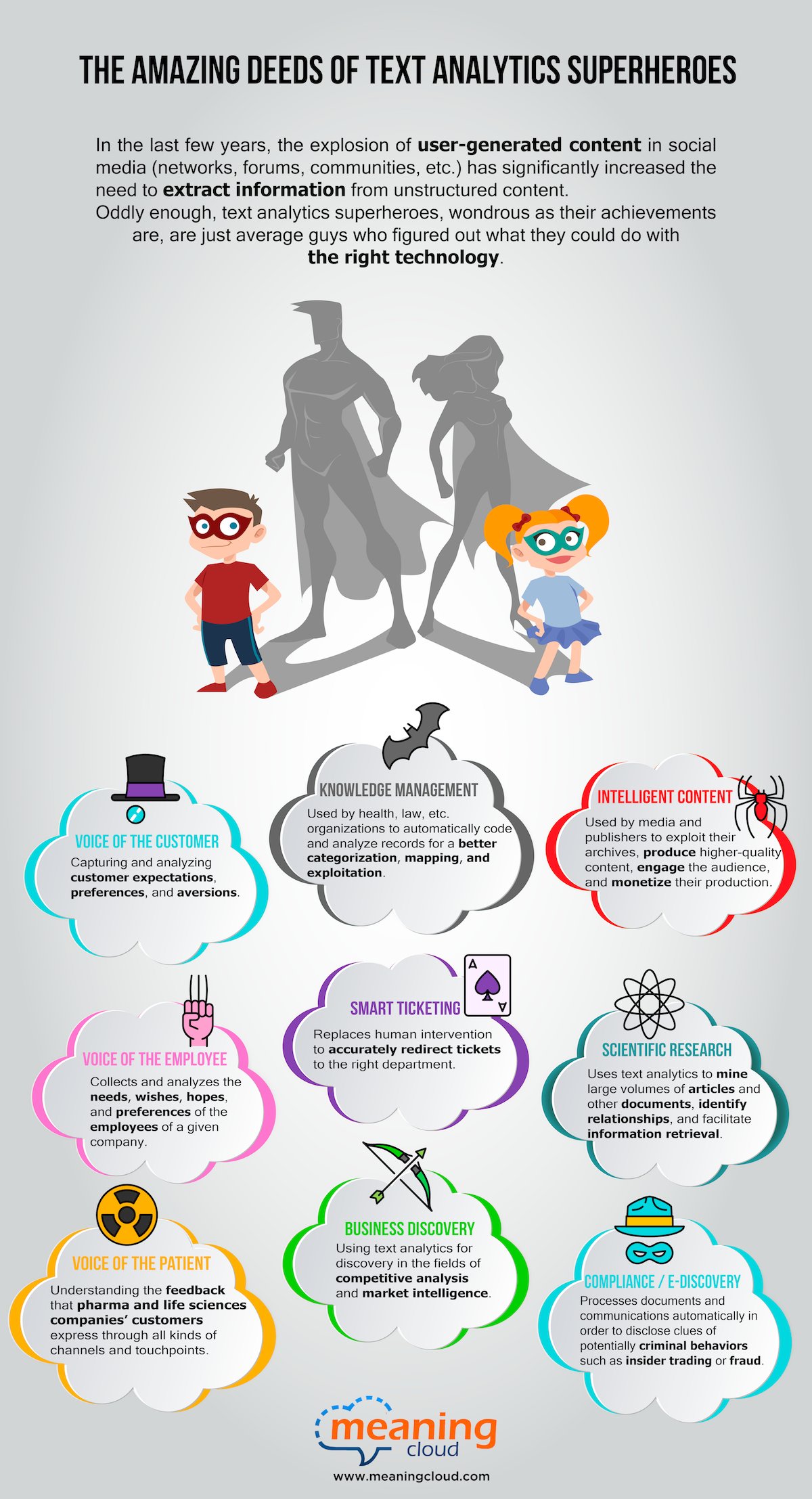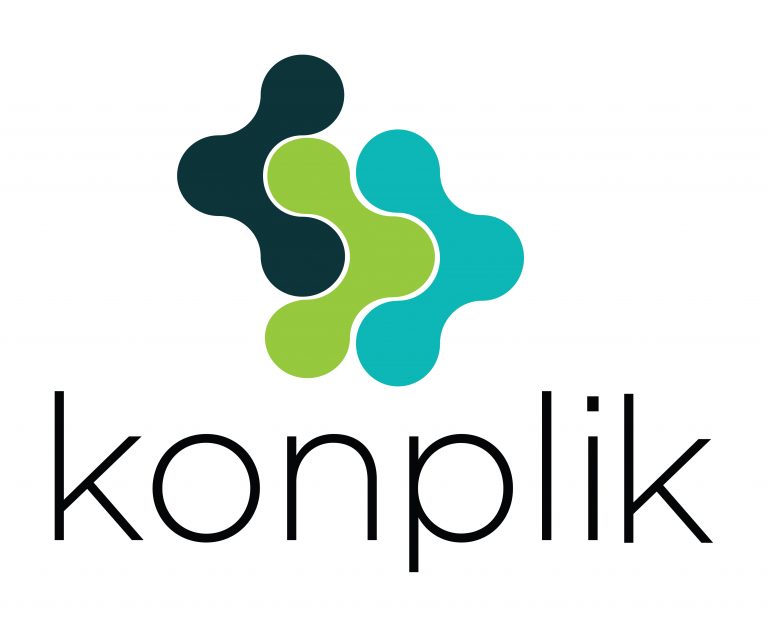The first phase of the first Global Legal Hackathon (GLH) was held February 23-25, 2018. David Fisher, organizer of the event and founder of the technological and legal company Integra Ledger, estimates that the GLH will have a great impact. He hasn’t spoken too soon; global participation in the GLH nearly matched that of an earlier event organized by NASA, and it has been considered the largest hackathon organized to date. For 54 hours, more than 40 cities across six continents participated simultaneously. The teams were made up of engineers, jurists, lawyers, and people in business who all worked toward a common goal: to lay the foundations for legal projects that can improve legal work or access to legal information through an app, program, or software. Continue reading
Category Archives: Text Analytics
Applying text analytics to financial compliance
In one of our previous posts we talked about Financial Compliance, FinTech and its relation to Text Analytics. We also showed the need for normalized facts for mining text in search of suspects of financial crimes and proposed the form SVO (subject, verb, object) to do so.

Financial crime
Thus, we had defined clause as the string within the sentence capable to convey an autonomous fact. Finally, we had explained how to integrate with the Lemmatization, PoS and Parsing API in order to get a fully syntactic and semantic enriched JSON-formatted tree for input text, from which we will work extracting SVO clauses.
In this post, we are going to continue with the extraction process, seeing in detail how to work to extract those clauses from the response returned by the Parsing API.
How to build a Financial Compliance model ready for FinTech
What is Financial Compliance and what is FinTech?

Financial crime
Financial crime has increasingly become of concern to governments throughout the world. The emergence of vast regulatory environments furthered the degree of compliance expected even from other non-governmental organizations that conduct financial transactions with consumers, including credit card companies, banks, credit unions, payday loan companies, and mortgage companies.
Technology has helped financial services address the increased burden of compliance in innovative ways which have also yielded other benefits, including improved decision-making, better risk management, and an enhanced user experience for the consumer or investor.
The rapid development and employment of AI (Artificial Intelligence) techniques within this specific domain have the potential to transform the financial services industry.
FinTech (Financial Technology) solutions have recently arised as the new applications, processes, products, or business models in the financial services industry, composed of one or more complementary financial services and provided as an end-to-end process via the Internet. You can find additional interesting information in this article.
Voice of the Employee Dashboard
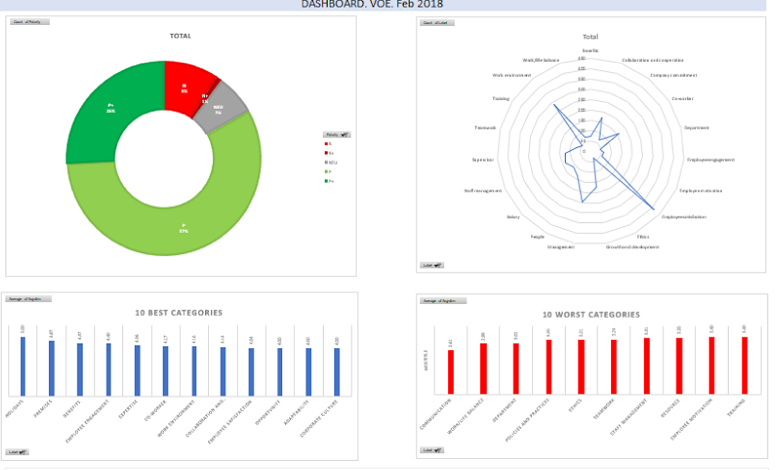
Voice of the Employee gathers the needs, wishes, hopes, and preferences of all employees within an organization. The VoE takes into account both explicit needs, such as salaries, career, health, and retirement, as well as tacit needs such as job satisfaction and the respect of co-workers and supervisors. This post follows the line of Voice of the Customer in Excel: creating a dashboard. We are creating another dashboard, this time for the Voice of the Employee.
Text-based data sources are a key factor for any organization that wants to understand the “whys”.
Our experience on Adverse Drug Reactions (ADR) identification at TAC2017
MeaningCloud and LaBDA research group were present at the TAC 2017 conference held on November 13th – 14th at NIST headquarters in Washington. In the Text Analysis Conferences, research groups from all over the world were invited to develop software systems to tackle text analytics-related problems. This year, one task was devoted to the automatic identification of adverse drug reactions (ADRs) appearing in drug labels, including features defining the ADR, such as its severity or if it is characteristic of a drug class instead of just a given drug. There has been a specific subtask to link the identified ADRs with their corresponding MedDRA codes and lexical terms. More than 10 research teams have taken part in the project, all of them applying some kind of deep learning approach to the problem. Results show that it is possible to reach 8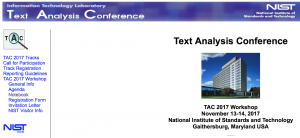 5% accuracy when identifying ADRs.
5% accuracy when identifying ADRs.
We were delighted to present our text analytics-based system for ADRs identification on drug labels, which combines natural language processing and machine learning algorithms. The system has been built as a joint effort between MeaningCloud and LaBDA research group at the Universidad Carlos III de Madrid. Identifying ADRs is a basic task for pharmacovigilance, and that is the reason why the Federal Drug Administration (FDA) is involved in the funding and definition of the ADRs identification tasks in the framework of the Text Analysis Conferences. We have learned a lot these days (e.g., a BiLSTM deep neural network is the best choice for the purpose), and shared pleasant moments with our colleagues at Washington. We hope to be able to attend next year’s edition, which will focus on the extraction of drug-drug interactions (DDI), another interesting task aimed at detecting situations where the use of a combination of drugs may lead to an adverse effect.
We have now a dedicated business exclusively focused on the health and pharmaceutical sectors
Konplik.Health begins operations with the health-related assets from MeaningCloud, including its leading natural language processing, deep semantic analysis, AI platform, and adaptations specific to the life sciences.
Adverse Effects and Artificial Intelligence

Adverse Drug Reactions (ADRs) are the biggest safety concern in the health field.
Artificial Intelligence can decisively contribute to promote patient safety, proactively monitor adverse events and understand their impact in every phase of development.
MeaningCloud’s Artificial Intelligence at EyeforPharma
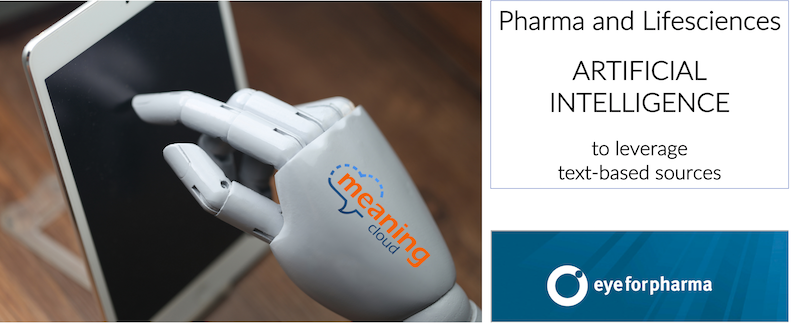
Text-based Artificial Intelligence for the Pharma Industry
At MeaningCloud, we are proud to sponsor the Eye for Pharma Conference. Data, Evidence and Access Summit 2017. November 13-14th, 2017 – Philadelphia, US. MeaningCloud’s value proposition for the conference can be summarized as Text-Based Information with Artificial Intelligence.
Eye for Pharma is about demonstrating and communicating value, no matter which department you’re in. Whether it’s exploring innovative uses of real-world evidence (RWE) or creating new outcomes-based pricing models, only by embracing the power of data can you fully unlock the value of your drugs. It is a great opportunity for learning and networking.
Incorporate Text Analytics into the Voice of the Employee

Many users who want to incorporate text analytics into their Voice of the Employee (VoE) analysis aren’t sure how to translate their business requirements into something compatible with their current processes.
Surveys and HR: why do you need open-ended questions?
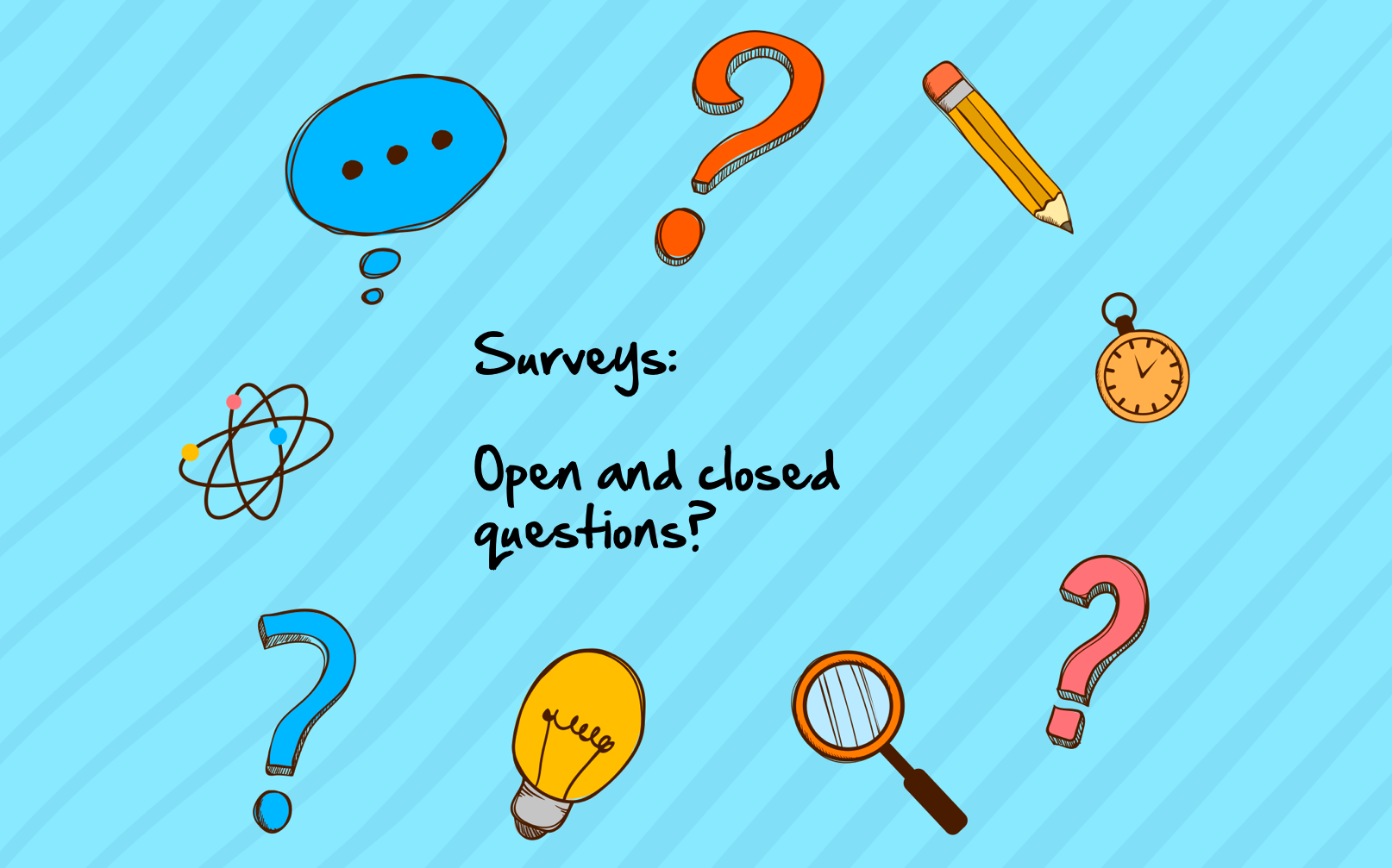
Since everyone wants to understand employees better, text-based data sources are a key factor for any organization to understand the “whys” and act on them to make improvements. Open-ended questions are one of the most effective ways to gather employee opinions; they offer them an open forum to make suggestions and present innovative ideas.
The amazing deeds of text analytics superheroes
In the last few years, the explosion of user-generated content in social media (networks, forums, communities, etc.) has significantly increased the need to extract information from unstructured content. Oddly enough, text analytics superheroes, wondrous as their achievements are, are just average guys who figured out what they could do with the right technology.
